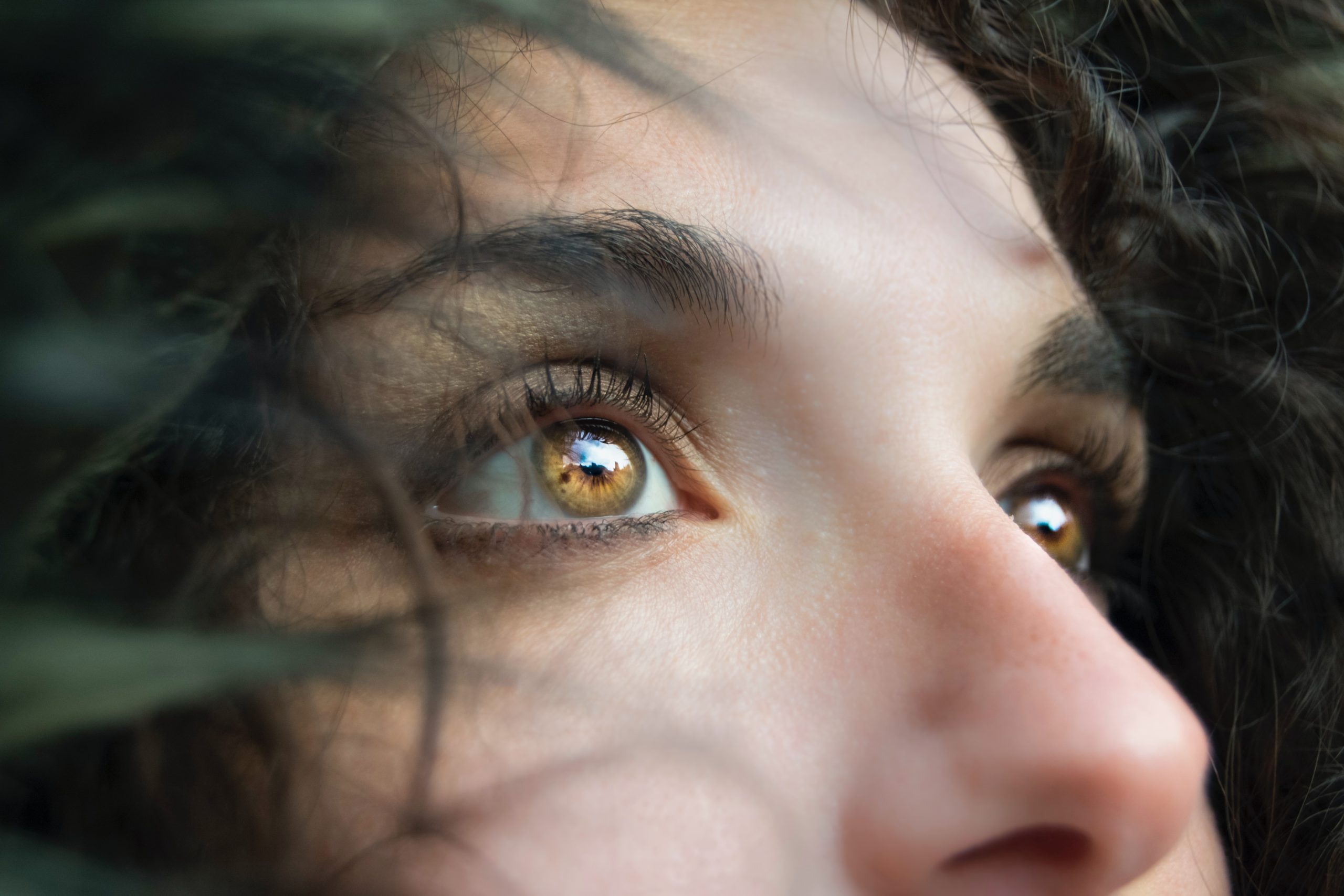The Covid-19 crisis has led to lockdowns and social isolation. As a result, we may be experiencing different emotions or experiencing typical emotions in different ways.
Here are 12 odd emotions that people may feel in quarantine. Which have you experienced?
1. Groundhog Day Syndrome. This is derived from the Bill Murray movie, Groundhog Day, and refers to the sense that each day is just like every other day. As a result, every day blurs together and we lose all sense of time (“What day of the week is it?).
Normally, Groundhog Day Syndrome makes time fly by (read more about that here), but in the context of a lockdown with no known end date, we may alternate between feeling that the days are dragging by and that they are zooming by.
2. Déjà vu. This well-known psychological phenomenon is the feeling that you’ve been here before, or that you are repeating an event. We may occasionally experience this when doing a chore around the house, and we think, “Didn’t I do this already?”
3. Awe. Typically, being locked down and isolated during a pandemic triggers negative emotions, and awe is a very positive emotion. I do see, however, that people are posting photos of beautiful scenery and breath-taking vistas, which might trigger momentary feelings of elation, and thinking about the grand places you might travel to when this is all over.
4. Onism. When looking at those awe-inspiring pictures, you might feel sad and frustrated as you realize how little of the world you will actually be able to experience in your lifetime. This is onism—the first of several odd feelings outlined in the very interesting Dictionary of Obscure Sorrows, by John Koenig.
5. Chrysalism. This is the feeling of coziness and security that might be experienced when you are locked down, but the weather outside is stormy and foreboding and you are safe and warm inside.
6. Sonder. Another “obscure sorrow” is the realization that you are surrounded by millions of other people who are living out their lives, also hunkered down, but that their lives are as complex or more so than your own.
7. Enouement. Perhaps you wished you had had more foresight in preparing for the lockdown—bringing in provisions beforehand, running critical errors, etc. Enouement is the feeling that you would like to go back in time and tell your past self about the future so that you could have better prepared.
8. Fugue state. A psychological phenomenon where one simply “blacks out” and has no memory of what happened over a period of time. Being socially isolated, you might experience a mild form of this. Or, if you’ve had too much wine.
9. Kenopsia. I experience this nearly every time I go back to my college office during the lockdown. Kenopsia is the eerie feeling of seeing a place abandoned that was once full of people. I feel this as I look down the college’s malls, past the classrooms and dormitories, and there’s not a soul in sight.
10. Ellipsism. When feelings of despair come from social isolation, you might experience this feeling that you won’t live to see the future—to see your grandchildren or great-grandchildren’s growing up.
11. Schadenfreude. A rather well-known psychological emotion where one takes joy in the misfortune of others. We often don’t admit to having this feeling, but you might experience this when you see people who are exposing themselves to the virus at beaches, protests, or banned social gatherings, and silently hope that they might get infected to realize the error of their ways.
12. Gnashe. I’ll leave you with this very odd emotion from the Dictionary of Obscure Sorrows, but it might happen after months of social isolation. Gnashe is the name given to the desire to bite deeply into the forearm of someone you love!
Originally published at Psychology Today
